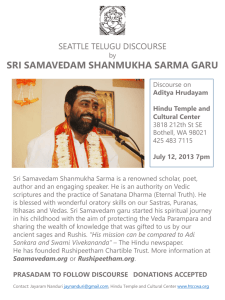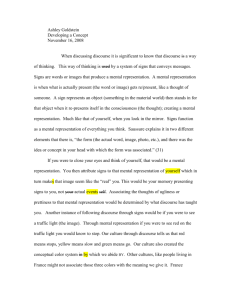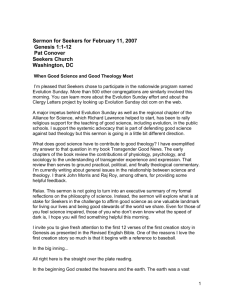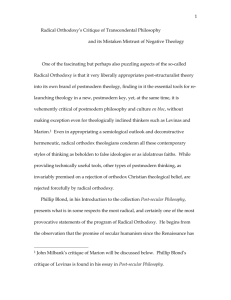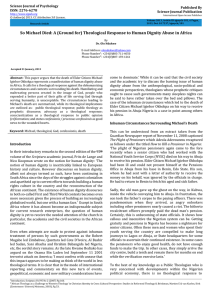ABSTRACT Why think that Naturalism in Philosophy promotes a
advertisement
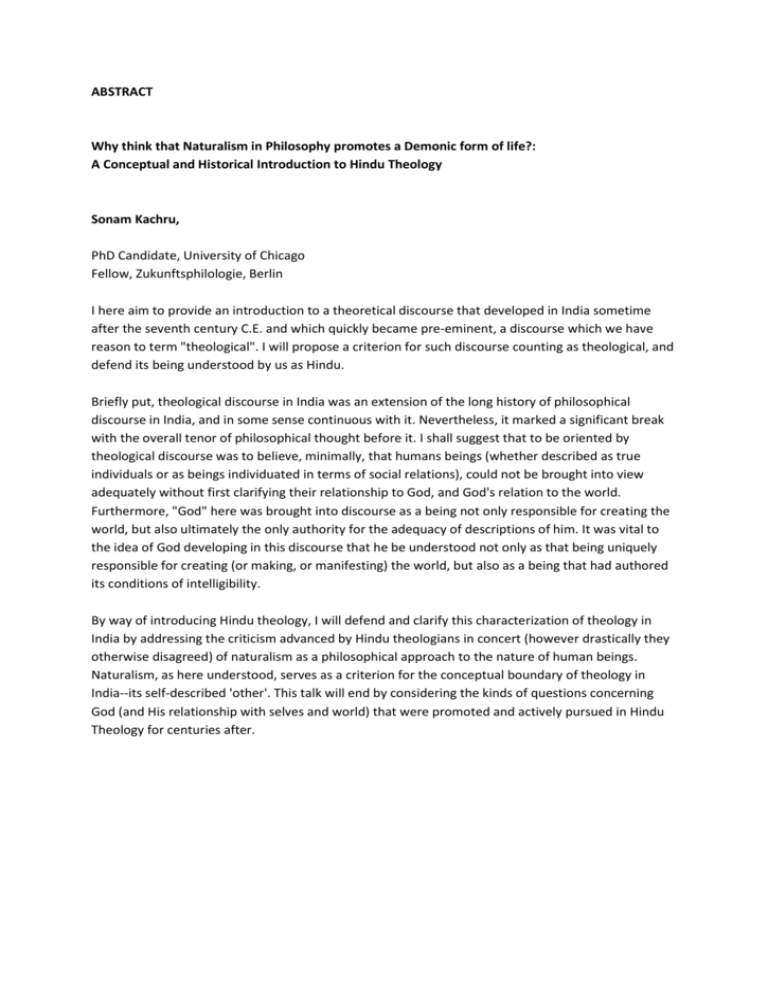
ABSTRACT Why think that Naturalism in Philosophy promotes a Demonic form of life?: A Conceptual and Historical Introduction to Hindu Theology Sonam Kachru, PhD Candidate, University of Chicago Fellow, Zukunftsphilologie, Berlin I here aim to provide an introduction to a theoretical discourse that developed in India sometime after the seventh century C.E. and which quickly became pre-eminent, a discourse which we have reason to term "theological". I will propose a criterion for such discourse counting as theological, and defend its being understood by us as Hindu. Briefly put, theological discourse in India was an extension of the long history of philosophical discourse in India, and in some sense continuous with it. Nevertheless, it marked a significant break with the overall tenor of philosophical thought before it. I shall suggest that to be oriented by theological discourse was to believe, minimally, that humans beings (whether described as true individuals or as beings individuated in terms of social relations), could not be brought into view adequately without first clarifying their relationship to God, and God's relation to the world. Furthermore, "God" here was brought into discourse as a being not only responsible for creating the world, but also ultimately the only authority for the adequacy of descriptions of him. It was vital to the idea of God developing in this discourse that he be understood not only as that being uniquely responsible for creating (or making, or manifesting) the world, but also as a being that had authored its conditions of intelligibility. By way of introducing Hindu theology, I will defend and clarify this characterization of theology in India by addressing the criticism advanced by Hindu theologians in concert (however drastically they otherwise disagreed) of naturalism as a philosophical approach to the nature of human beings. Naturalism, as here understood, serves as a criterion for the conceptual boundary of theology in India--its self-described 'other'. This talk will end by considering the kinds of questions concerning God (and His relationship with selves and world) that were promoted and actively pursued in Hindu Theology for centuries after.


